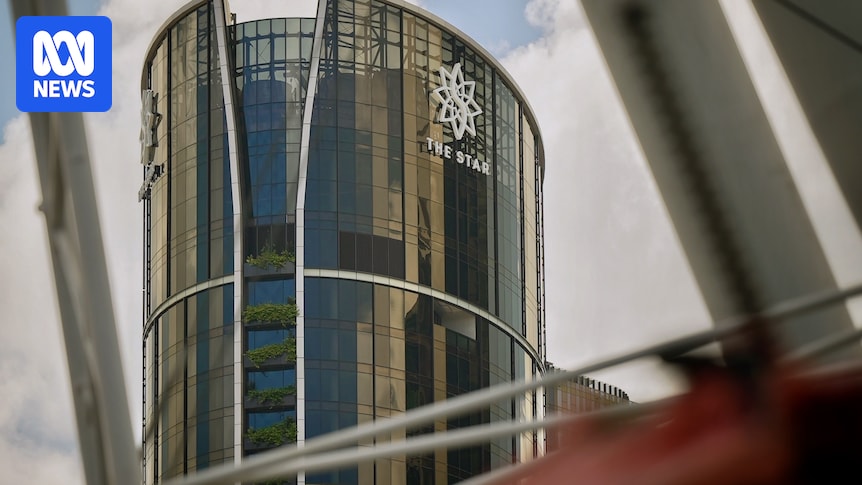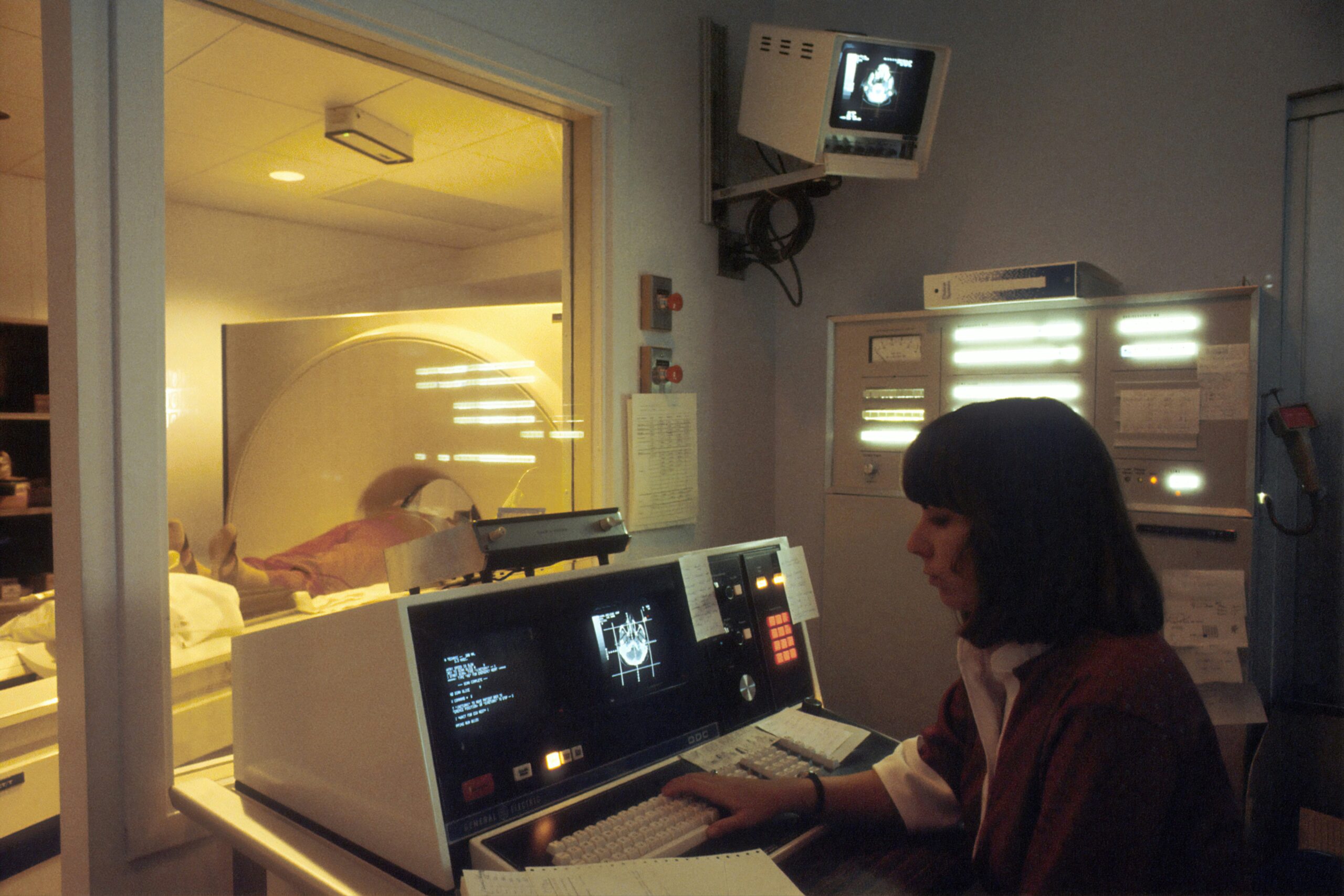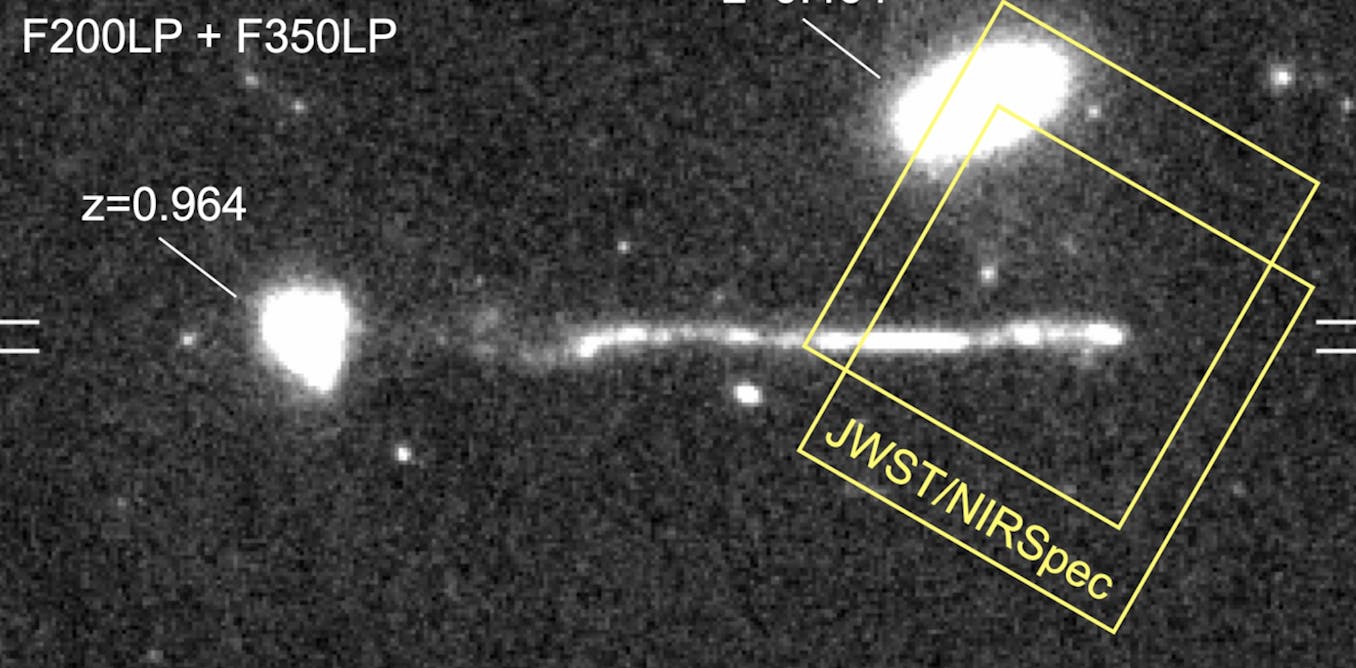
The deadline to finalize the sale of Star Entertainment’s stake in Brisbane’s Queen’s Wharf precinct has been extended, as the casino operator fights to stave off administration. This latest development highlights the ongoing financial struggles for the company, which have been exacerbated by a declining share price and dwindling bank balance.
Star Entertainment’s financial woes began during the construction of Queen’s Wharf, worsened by findings of misconduct, and have now reached a critical point. The company is facing a complex web of challenges, including regulatory troubles and financial instability.
Construction Challenges and Financial Strain
In November 2017, a significant transformation began in Brisbane’s CBD, with 20,000 square meters being cleared for the new Queen’s Wharf precinct. This ambitious project, a joint venture between Star Entertainment Group, Chow Tai Fook Enterprises, and Far East Consortium, was projected to cost $3.6 billion, marking it as Queensland’s largest infrastructure project.
Initially, Star’s share price soared to over $5, reflecting investor confidence. However, unforeseen challenges such as pandemic lockdowns, major flooding, and a mould outbreak added hundreds of millions to the costs and delayed the project. Originally set to open in 2022, the precinct’s completion was pushed to August 2024.
“Queen’s Wharf became a drain because, as a 50 percent joint venture, Star was on the hook for huge capital contributions and a big chunk of the project’s $1.4 billion debt,” said Graeme Hughes from Griffith University’s business school.
Regulatory Fallout and Financial Mismanagement
Star’s difficulties were compounded by regulatory issues. Investigations by Australia’s financial intelligence agency, AUSTRAC, and the New South Wales Independent Casino Commission (NICC) revealed systemic failures in anti-money laundering compliance. These findings led to the loss of casino licenses in both New South Wales and Queensland, hefty fines, and a looming penalty from AUSTRAC, potentially up to $400 million.
“Star’s deep-seated problems really began with widespread failures in anti-money laundering compliance,” Mr. Hughes noted. “Investigations uncovered systemic issues where Star allegedly put profit ahead of proper checks on high-roller funds.”
As the NICC announced its investigation in September 2021, Star’s share price was $3.50. By the time the new Brisbane casino opened in August 2024, shares had plummeted to 57 cents, severely impacting the company’s ability to raise funds.
Desperate Measures and Potential Outcomes
In January, Star announced it had just $79 million in available cash, having burned through $70 million since September. In a bid to stave off insolvency, the company agreed in March to sell its 50 percent stake in Queen’s Wharf to its joint venture partners for $53 million, while retaining casino operation rights.
This move was intended to alleviate $700 million in debt and $212 million in future contributions, improving liquidity. Additionally, a deal with US casino giant Bally’s for a controlling stake promised at least $250 million, with an extra $50 million from Star’s largest shareholder, Bruce Mathieson.
However, the joint venture partners threatened to terminate the agreement, prompting an extension of the deadline to July 31. Reaching a deal is crucial for Star’s survival, as Bally’s investment depends on Star’s solvency.
“If a massive AUSTRAC fine, or the ongoing Queen’s Wharf financial burden, renders Star insolvent, Bally’s may pull out, leaving Star almost certainly facing administration,” Mr. Hughes warned.
Looking Ahead: Implications and Opportunities
If Star falls into administration, its assets, including Queen’s Wharf, would be controlled by administrators. Associate Professor David Morrison from the University of Queensland explained that Star’s stake could be sold, with the property leased back to them.
“There would be an agreement between the new partner and Star as to how to deal with the property, but if Star are holding firm on the value they think they bring to the table, then buyers will be thin on the ground,” Professor Morrison stated.
The Queensland government has expressed a desire for a casino to continue operating at Queen’s Wharf but has ruled out financial support for Star. Professor Morrison emphasized the importance of allowing regulatory authorities to do their job without taxpayer intervention.
Despite the challenges, Graeme Hughes believes there is significant interest from competitors in acquiring Star’s assets if it enters administration. Potential buyers include Bally’s, the Mathieson family, and other global casino giants like MGM Resorts and Caesars Entertainment.
“Blackstone, which owns rival Crown, has also been mentioned, though regulatory hurdles for a near-monopoly would be immense,” Mr. Hughes added.
As for Queen’s Wharf, Chow Tai Fook and Far East Consortium remain logical choices for taking over operations. The Queensland government would likely conduct a rigorous process to license a new, financially sound, and compliant operator for the casino.







